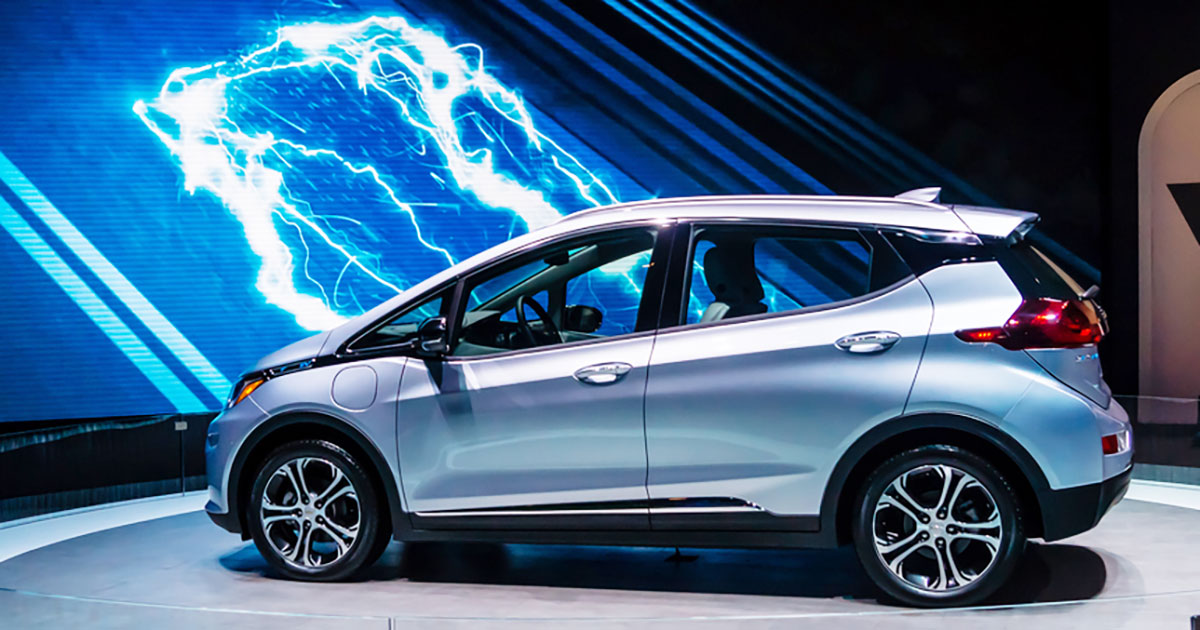An Electrifying Example of Entrepreneurial Leadership

Entrepreneurial leaders, by nature, don’t quit when they fail the first go-round.
Take General Motors, for example. In 1996, in response to pressure from California regulators to create a greater number of zero-emission vehicles, it rolled out the EV1, one of the first mass-produced electric cars in the United States. A high price tag, coupled with a small following, led the automobile behemoth to discontinue the vehicle after just six years.
Here’s another thing that entrepreneurial leaders know well: Problems don’t disappear when they go unsolved. They linger, and potentially grow larger, waiting for someone to step in and act.
Amid news last fall and earlier this year that California and Massachusetts will ban the sale of gas-powered vehicles by 2035, General Motors has turned the key to the ignition once again, recently announcing that it will exclusively sell zero-emission vehicles by 2035.
“One of the things Babson College emphasizes is experiment, don’t give up, learn from that experience, and come back to it,” senior lecturer Chuck Winrich said. “Recognizing that opportunity, learning from past failure, is what makes GM the company to do this.”
A Chain Reaction
With GM being a conglomerate of manufacturers, other automakers could soon follow suit with similar undertakings, Winrich said.
“If you look at the growth of hybrids and plug-in hybrids, at first it was just a few automakers,” he said. “Now, everybody has at least some hybrid or gas-electric option in their fleet.”
This disruption could spark innovation in the automobile supply chain, such as the creation of opportunities for battery manufacturers and other companies that produce components for electrical cars before reaching the assembly line.
No Time to Waste
Why did these states enact these rulings at this point in time? Because their regions are, or are at risk of, seeing the effects of climate change.
A handful of Boston neighborhoods could soon be impacted by rising tides, while California has recently endured an onslaught of wildfires and frequent mudslides.
“We, being a coastal state, are going to see the effects of sea level rise from climate change,” Winrich said. “I would certainly suspect part of that is trying to mitigate the impact on the state that we forecast will be coming in the next 25 to 30 years if current trends continue.
“If we can make both states more livable, that’s going to be a good thing for everyone in the long run.”




